C PARENT MEETING HAS ADDED "VOLUNTARY SUBJECTS" TO THE SCHEDULE
A parent whose child studies at a secondary school in My Duc commune ( Hanoi ) indignantly reported to Thanh Nien Newspaper: the second session, according to the guidance of the Ministry of Education and Training, should have been agreed upon with parents and when the school offers paid subjects, in addition to the main curriculum, it must be based on the voluntary and choice of the students. However, according to this parent, before the parent meeting, the school "overlaid" the schedule with 2 sessions/day, including subjects/ educational activities that are associated and charge fees.
This parent said that according to regulations, only grade 9 students are allowed to study some cultural subjects in the second session to serve the purpose of reviewing for grade 10 exams, without collecting tuition fees (maximum duration is no more than 2 periods/week/subject). However, to circumvent the law, the lessons are called STEM, skills... but the "core" is teaching math, literature, English and the tuition fees are 3 times higher. In grades 8 and below, according to this parent, STEM, skills... lessons are taught but not effectively. "When asked what they learned in those lessons today, the children said that today the teacher opened some software for the students to watch or sometimes when the computer broke down, the teacher taught history, geography...".
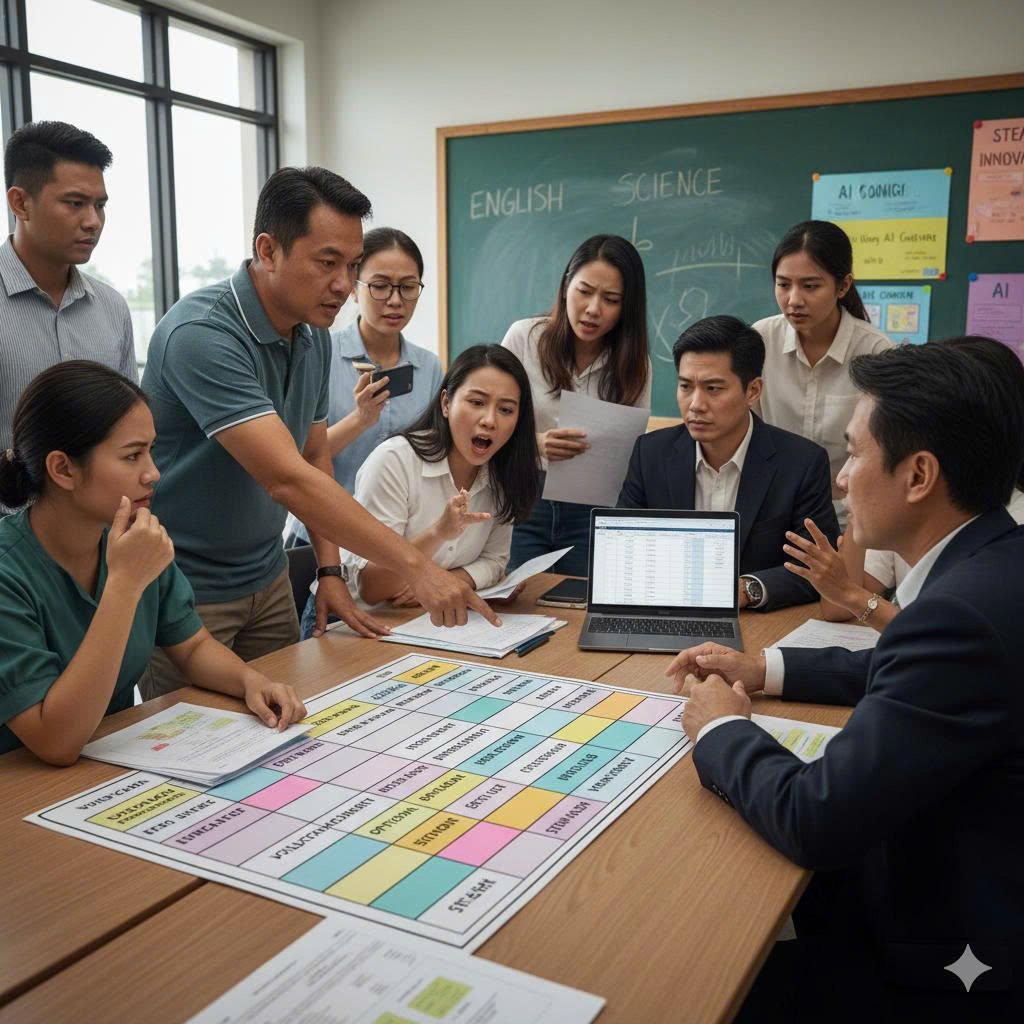
At the beginning of the school year, a topic that upset parents was the fact that many schools included voluntary and joint educational subjects and activities in the official curriculum.
PHOTO: TN CREATED BY AI
On a forum of parents of Hanoi students, the "hot" topic every day is the organization of teaching in the second session, including voluntary and joint subjects and educational activities. The biggest concern is not the cost but the effectiveness and the way of organizing and implementing. Many opinions say whether STEM should be separated into a separate subject or not, because STEM should be integrated into many subjects. Some parents reflect that if students do not study STEM or skills, they have to go outside.
In addition, some parents reported that although the program name is English for foreigners, sometimes it is taught by domestic teachers. When first graders first start to learn English, they have to study subjects such as English, math, science , etc. Some parents are skeptical about whether the teachers are "forced to meet quotas", but if parents do not register their children for the course, the teacher will continuously invite them to meet, persuade them, and call them, while when they ask the students, they do not want to study. Some students reported that the subject "digital citizenship" but after listening to the teacher for 1 session, the students said that asking about AI is much more "interesting".
THERE SHOULD BE A 2-SESSION/DAY TEACHING PROGRAM FOR SECONDARY SCHOOL LEVEL
Many parents believe that studying 2 sessions a day is still necessary. However, the most important thing now is for the education sector to come up with a curriculum framework, not to make the first session too heavy while the second session is just to fill the gap and create opportunities to include related and voluntary subjects.
The Ministry of Education and Training currently does not have a program designed to teach 2 sessions/day at the junior high and high school levels, but only provides general guidance, so each school has its own way, and schools try to combine related content. The reason given by the Ministry of Education and Training is that teaching 2 sessions/day is not yet mandatory at the secondary level. However, in the past, when primary school was not yet required to teach 2 sessions/day, the Ministry of Education and Training still had specific designs for places that could organize full-day teaching or places that could not do it.
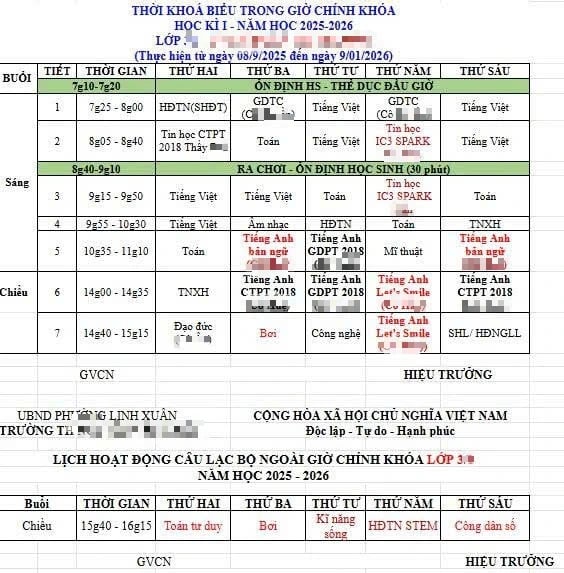
The timetable of a third grade class at an elementary school, announced in the class's parent group on September 13, caused outrage. The subjects highlighted in red are 'voluntary subjects', linked
PHOTO: PROVIDED BY PARENTS
Mr. Dang Tu An, former Director of the Department of Primary Education (Ministry of Education and Training), Director of the Vietnam Education Innovation Support Fund, said that "voluntary subjects" must have their own timetables. Because it is voluntary learning, it is very rare for 100% of students in a class or school to participate. Organizing teaching outside of regular school hours, the location can be inside or outside the school. Schools need to have specific plans to manage and organize appropriate activities for students who do not participate in voluntary learning; balance voluntary learning time to avoid overloading students and not putting pressure on management. Schools also need to pay attention to the tuition fees of students, with exemptions and reductions for students in difficult circumstances.
According to Mr. An, overcoming difficulties to bring many educational activities into schools is necessary, but that does not mean that school managers and principals try to implement voluntary teaching despite difficulties in content, teachers and facilities. Voluntary subjects and educational activities must be made public in schools and the community of parents for selection. The announcement must clearly state the purpose, content, time, location, name of the organization or individual teaching, how to evaluate the quality of students and the agreed fee for each activity.
In developed countries, fee-based activities are organized in the form of after-school educational clubs. The school manages, supervises, decides on expertise, educational content, and evaluates the quality of teachers and students, supports facilities, and arranges the club's educational time reasonably. If it is called teaching 2 sessions/day, the second session cannot be considered after-school as the Ministry of Education and Training guides.
Decree on integrated and linked teaching specifically for Hanoi
Before this school year, the Government issued Decree No. 202/2025/ND-CP detailing the conditions, order, procedures, educational programs, granting of diplomas and certificates for implementing educational linkages and teaching integrated educational programs for public preschool and general education institutions in Hanoi.
It clearly states that the conditions for implementing educational linkages must include an integrated educational program approved by competent authorities; classroom size and facilities must meet the requirements of the integrated educational program and not affect the general teaching activities of public preschool and general education institutions in Hanoi participating in educational linkages.
Invite artists and athletes but don't know where the funding will come from
Also related to organizing 2 sessions/day, the Ministry of Education and Training recently issued a document guiding the invitation of experts, artisans, artists, coaches, and athletes to participate in educational activities in general schools.
For enrichment activities, experiences, art clubs, sports, life skills, cultural exchanges... organized in the second session: the school can invite experts, artisans, artists, coaches, athletes to participate in educational activities according to the school's approved educational plan.
Regarding finance, the Ministry of Education and Training guides: using the state budget according to the approved estimate; at the same time mobilizing and using legal socialized resources. Payment must be public, transparent and implemented according to the labor contract ensuring the provisions of the law, which clearly stipulates the rights and obligations of the parties, the implementation time and remuneration (if any).
In particular, schools need to survey the actual needs of students and parents and develop school plans and specific teaching plans suitable to the practical conditions of the school to sign contracts and be responsible for publicly informing parents of the revenues and expenditures related to inviting experts, artisans, artists, coaches, and athletes.
The leaders of a public secondary school in Hanoi are concerned about the funding issue. In the document, the Ministry of Education and Training only requested the use of the state budget according to the approved estimate, and at the same time mobilize and use legal socialized resources. The Department of Education and Training proactively consulted with the People's Committees of provinces and cities on the preferential treatment policy for invited experts, artisans, artists, etc. in accordance with the practical situation of the locality and the provisions of the law. Thus, if the school wants to implement it, it must wait for the guidance of the Department of Education and Training.
However, the most important thing is the consent of parents. For public schools, the needs of parents are very different. Some parents want their children to focus on studying culture to take exams, some parents want their children to develop comprehensively. When implementing the implementation of bringing experts and artists to public schools to participate in the second session activities (the session implementing educational activities outside the main curriculum), school leaders must have careful calculations, survey the actual needs as well as the plan to implement the socialization of education.
Source: https://thanhnien.vn/mon-tu-nguyen-o-at-vao-truong-hoc-vi-buoi-2-185250919224454025.htm






![[Photo] Da Nang: Hundreds of people join hands to clean up a vital tourist route after storm No. 13](https://vphoto.vietnam.vn/thumb/1200x675/vietnam/resource/IMAGE/2025/11/07/1762491638903_image-3-1353-jpg.webp)

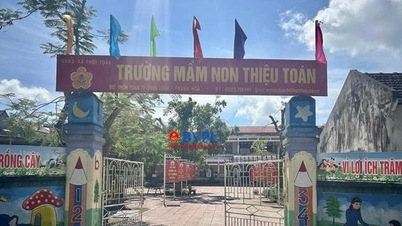

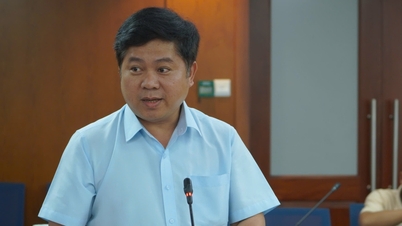
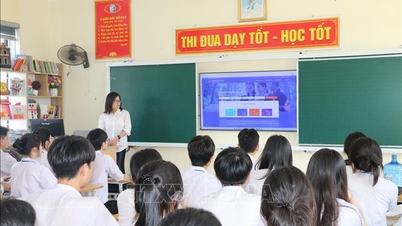




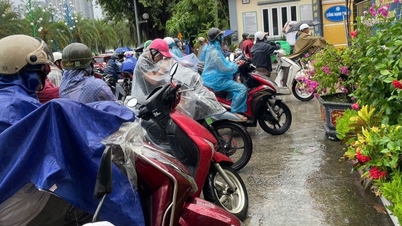

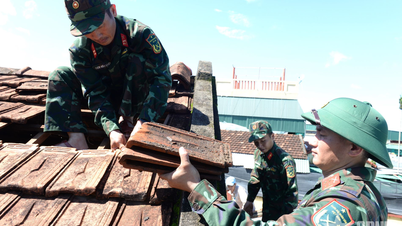

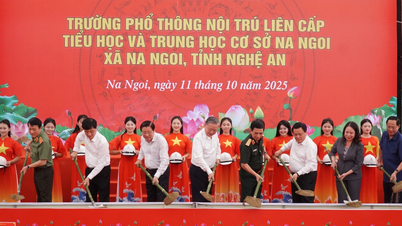




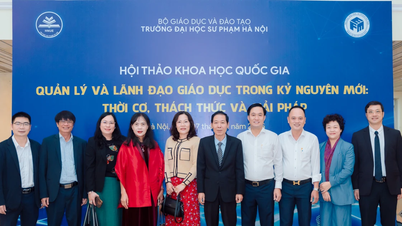





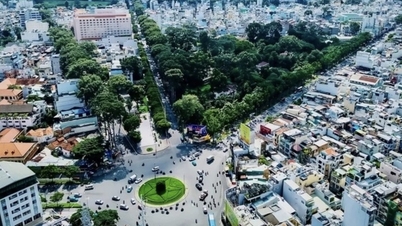


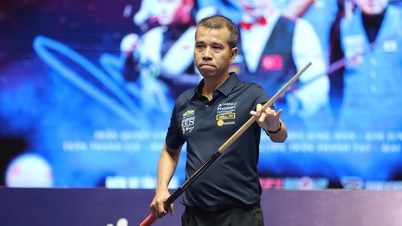
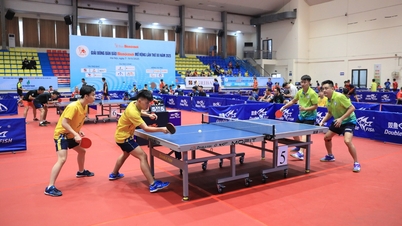
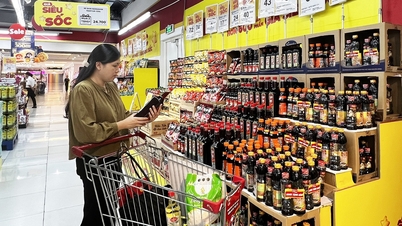








































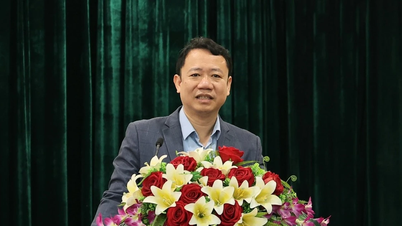


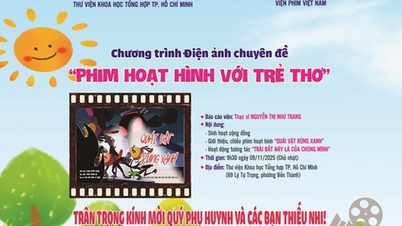

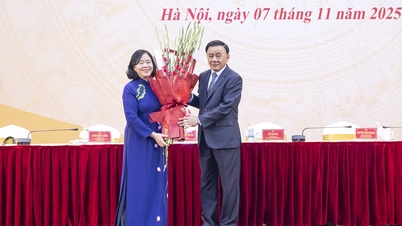


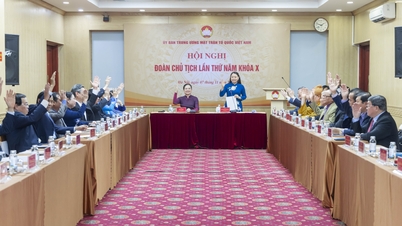
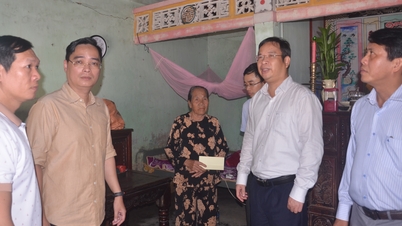

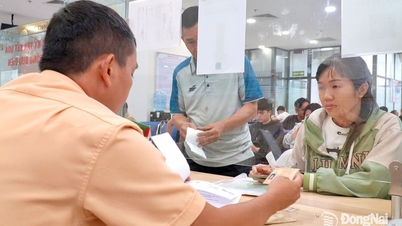




















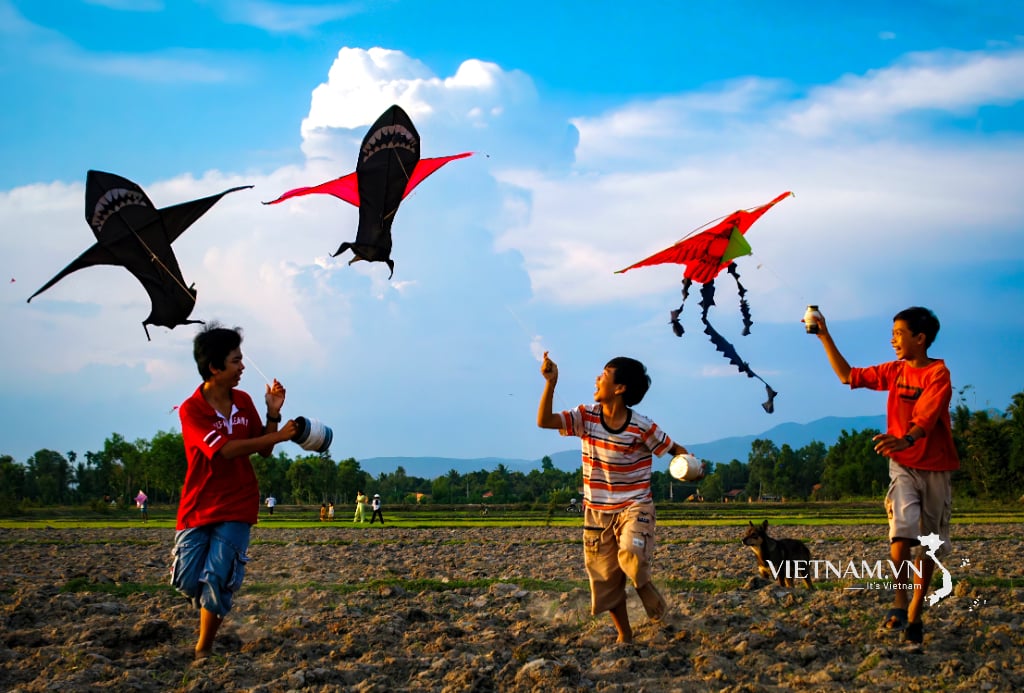


Comment (0)